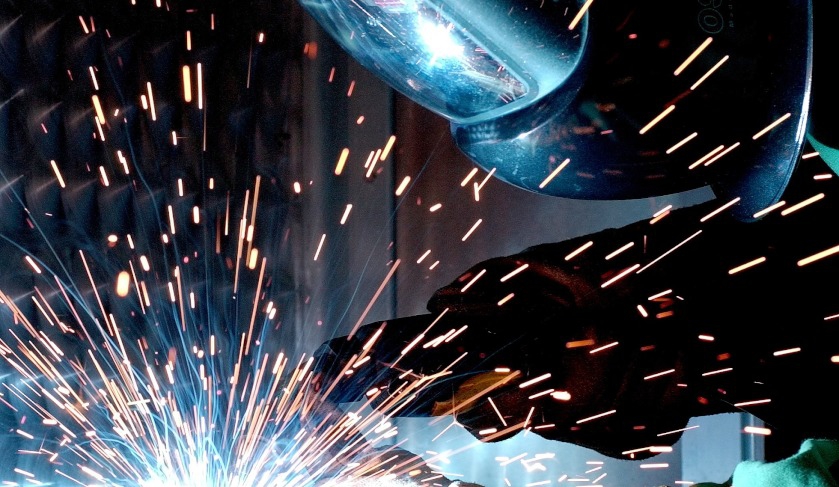Queensland-based industrial staffing and recruitment firm RPR Trades has highlighted a rapidly widening skills gap that could affect key Defence manufacturing projects.
Speaking to Defence Connect, RPR Trades managing director Darren Da Costa warned of just how big a chasm could open up between the requisite trade qualifications and skills in Australian manufacturing and the government’s ambitious, forward-looking strategy as outlined in the 2016 Defence White Paper.
While Da Costa noted that Australia certainly had the people to help realise Defence’s planned $195 billion investment in the manufacture of ships and submarines over the next decade, he called for an urgent refocusing within trades and manufacturing to ensure the trade qualifications and skills were in place in time to capitalise on the huge opportunity.
"If we think about things the right way, ensure we've got practical solutions, look at where those skill gaps are and… at what areas within our workforce, we can potentially retrain to cover those gaps,” he added.
“There's elements of that happening at the moment, but I don't think we've quite got the concept of how big that gap is.
“Our business has only been established since December [2015], so it's very early for us,” said Da Costa, adding that during this time the firm had identified an enormous opportunity around aligning itself with the Defence sector.
“Whether that becomes our sole area of focus or our majority area of focus, we need to do some more due diligence on that, but certainly there's lots of appeal there and we're gravitating to that as we speak,” he added.
Set against the somewhat bleak backdrop of a declining manufacturing sector in areas such as the automotive industry, RPR Trades has fine-tuned an approach to workforce provisioning that one might almost class as holistic.
“Our approach [is rather], there's a role for everyone and our passion is to find the right one,” explained Da Costa.
“One of the reasons why we've taken the approach to look after the skilled, semi-skilled and blue collar market, is that we see a lot of those [skills] are transferable between industries.
“One of our passions in starting the business was in being able to contribute to the creation of a workforce rather than just recycling it and moving people from one place to another.”
The RPR Trades MD also emphasised how, in the manufacturing environment, staff were frequently faced with a situation where projects ended while they had no idea what would happen next.
“There's a period of time where there’s huge uncertainty,” said Da Costa. “Then what typically happens is they secure another opportunity with another project, but doing the same job.
“There's no investment in their skill development [or] in their career progression, and we see there’s the potential for somebody to co-ordinate that and get much better outcomes that advantage Defence and other industry sectors as well.”
Underlining the significant commonality between those sectors and trades, Da Costa added, ‘Then you finesse the other parts of it until you know you've got a good fit and they've got a full time career.”


